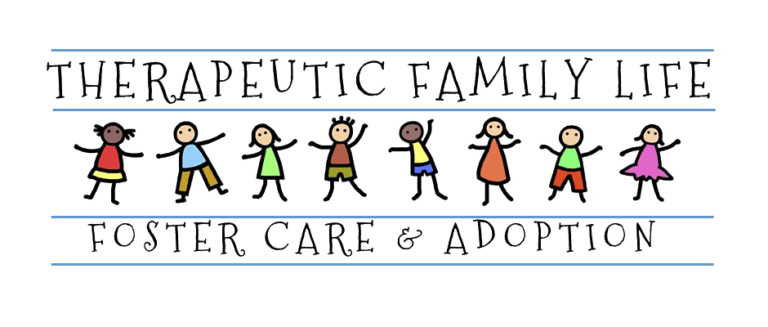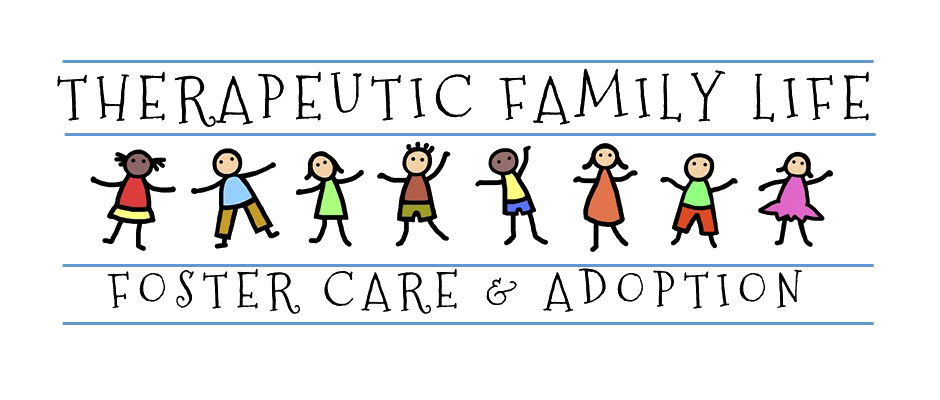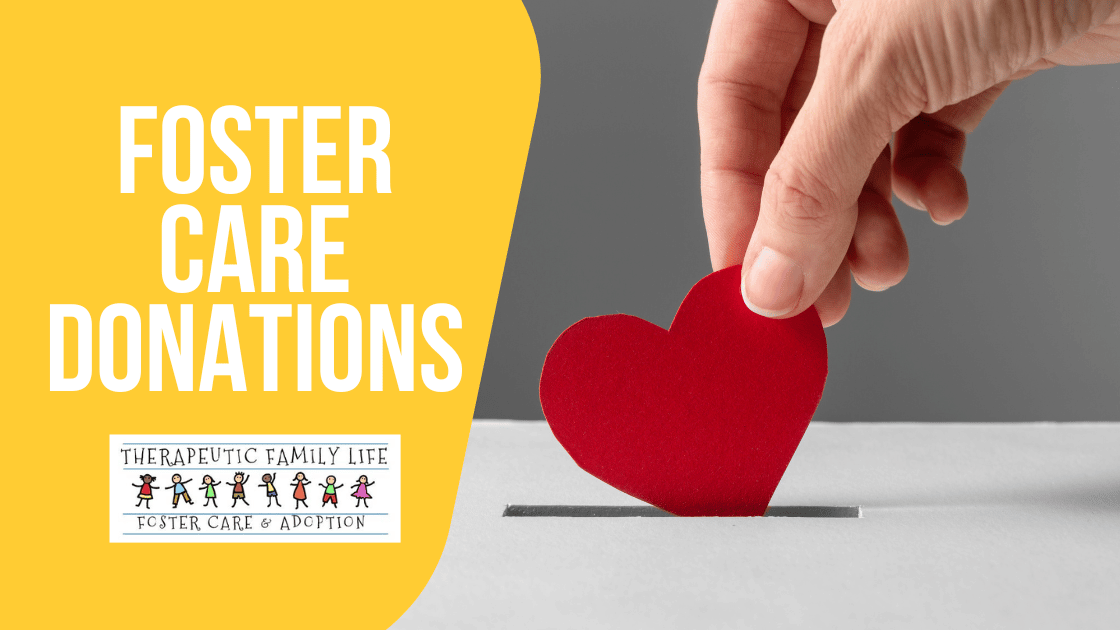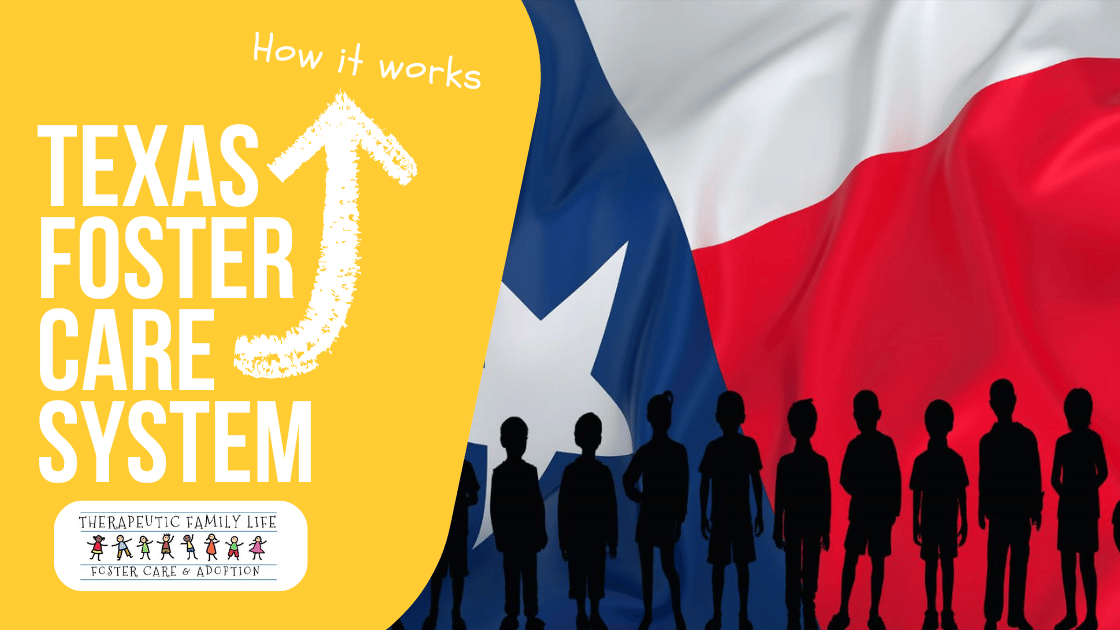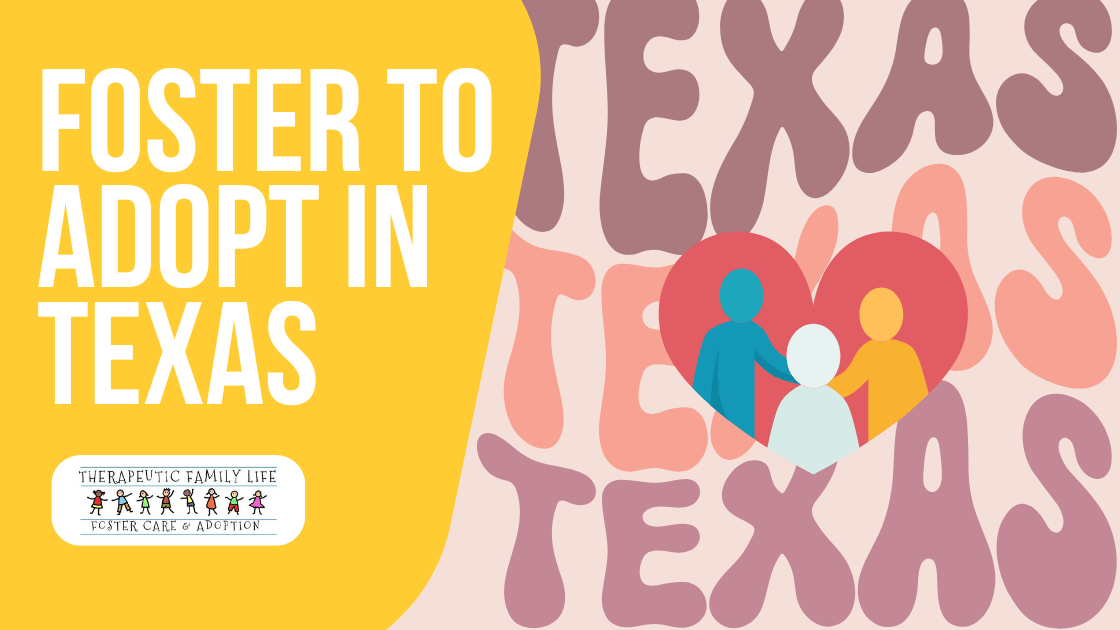Emergency foster care is a safety net built into the foster care system when unexpected crises arise. A child’s environment may become unsafe, or a parent may become ill or pass away. In these cases, the child needs an immediate place to stay while a longer-term arrangement can be made.
Being an emergency foster parent isn’t for everyone — it requires extreme flexibility, patience, and empathy. Emergency foster parents need to prepare sleeping arrangements for a child on short notice and do their best to make the child feel supported and loved during a time of potential trauma and distress.
That being said, it is a service in high demand, as its stringent requirements mean many adults are not up to the task. And while it is a challenging role, it can also be a fulfilling and rewarding experience.
Emergency foster care vs regular foster care

While both types of foster care involve amazing, selfless people who are willing to put their lives on hold and prioritize the well-being of children in need before their own, there are some important differences.
To begin with, emergency foster care is not planned. While there may be signs that a child will need emergency foster care, when that will happen can’t be predicted with precision, and the foster parent is not chosen in advance.
Compare that to regular foster care placements where the foster parent-child placement is arranged well in advance and with plenty of preparation.
Then there’s the urgent timeframe. When a child faces a crisis in their home that authorities deem requires removal to an emergency foster home, the placement must be made within days at the most. This is much faster than the weeks or months that the regular foster care placement process can take.
Although the placement process differs, the screening process for becoming an emergency foster parent undergoes the same requirements as regular foster caring. Prospective emergency foster parents must pass a background check, home inspection, and any training needed in order to foster children. This process can take anywhere from three to six months.
It’s easy to see why the processes are so different when we understand that the goals of emergency and regular foster parenting are also distinct. The former is to provide an instant refuge for a child during an emergent crisis, while the latter is to provide a long-term place to call home.
Situations that require emergency foster care

A child needs emergency foster care for several reasons. They may be experiencing abuse, neglect, or abandonment. Whether this has been going on for a long time or it’s happening for the first time, once authorities find out, they will intervene immediately and remove the child from the dangerous situation.
Parental drug use is another case where a child may need emergency foster care. Drug abuse and addiction puts children at risk of neglect and abuse or may result in the arrest of the parent — either case requiring a safe and immediate place where the child can stay.
Another situation that requires immediate removal of a child from their home is domestic violence. Whether a child witnesses abuse or is the target of abuse, these situations can cause lasting trauma and physical and emotional problems.
Some children may find that they can’t safely stay at home due to teen pregnancy or sexual orientation. They may run away to escape a potentially dangerous situation and, in this case, need a safe place to stay until a permanent home can be found.
In some cases, the need for emergency foster placement isn’t the parents’ fault but can be due to illness and hospitalization — leaving them unable to care for their child.
Whatever the reason behind the need for emergency foster care, the priority is the immediate safety and well-being of the child.
We need more emergency foster parents
People willing to step in on a moment’s notice and create a safe haven for a child when they need it most are few and far between. Emergency foster parents are critical in helping vulnerable children through crisis, and there just aren’t enough of them.
The shortage is understandable; this isn’t a role that just anyone can fill. Emergency foster parents need to be available around the clock to accept a child into their home. Essentially, they are on call day and night.
This requires flexibility, availability, and a go-with-the-flow attitude that not everyone possesses. What’s more, emergency foster parents need a special set of skills to navigate the stressful and emotional situations of these sudden placements.
Keep in mind that children who need emergency foster placements have often just been removed from dangerous or violent circumstances. They need compassion, empathy, and patience. It’s on the foster parent to provide comfort and reassurance and to continue to do so, even if the child acts out or doesn’t respond. The emergency foster parent needs to try to create a stable environment amid unstable circumstances.
If you are interested in becoming an emergency foster parent, and you believe you have the right temperament but are worried you lack training and skills, the good news is that you won’t be expected to go in blind. There are specific training sessions that you must undergo that will give you the tools you need to handle difficult situations.
The emergency foster placement process

Emergency foster care placement happens with very little notice, and foster parents may receive a call that a child is coming in a few minutes or a few hours.
Typically the steps for placement will involve receiving a call from the child welfare agency informing the parent that there is a child in need. Depending on the agency you are affiliated with, you can reject or accept the placement.
You will then have to make quick basic preparations for the child, like setting up a room or a bed and making sure you have necessary items like clothes to sleep in or toiletries.
When the child arrives, it’s time to welcome them and do your best to make them feel comfortable. Assess their immediate needs and try to meet them.
How long are emergency foster care placements?
There is no set length for emergency foster care placements. They can last anywhere from just a few hours to a couple of days, but in some cases, it might extend to several weeks or months, or even turn into something more permanent.
It depends on the child’s home situation, the search for a more permanent foster family, and, of course, the availability of the emergency foster parents.
Responsibilities of emergency foster parents

The basic responsibilities of emergency foster parents all revolve around providing stability, support, safety, and comfort to their foster child, prioritizing their well-being.
The foster parent will need to do their best to quickly evaluate the child’s emotional and physical state and assess whether the child is fearful, anxious, upset, or withdrawn.
The child might have immediate physical needs that the authorities missed — do they need to be attended by urgent care? Are there other signs of abuse or neglect?
Once these things are assessed, the parent should try to comfort the child. It’s essential to be sensitive, patient, and understanding. They must make sure to provide reassurance while listening to the child’s concerns. It’s also paramount that the parent remains calm, no matter how the child is responding to the situation.
Emergency foster parents also need to know how to handle stress and regulate their own emotions. Placements often occur during crises, and it’s important to remain calm for the child’s sake.
Emergency foster parents should also seek out support systems. There are plenty of resources for parents, including communities of other emergency foster parents — these are essential for getting advice and encouragement during more difficult placements.
So for those thinking about becoming an emergency foster parent, some good qualities to have are compassion, empathy, patience, and flexibility. With those personality traits and the provided training and support, these folks can make a huge difference in a child’s life.
Challenges faced by emergency foster parents
Being an emergency foster parent can be a rewarding experience, but there are plenty of challenges that come with it as well. You won’t even necessarily feel like you are doing a good job all of the time — but keep in mind that it’s the same for biological parents when they are raising their kids.
The unique challenges that come with foster parenting can make it even more difficult, so parents must be prepared to handle the emotional toll it can take.
One of the biggest challenges that some emergency foster parents face is the lack of background information and history about a child that they take into their home. As there is often no information about medical history, behavioral issues, or trauma, foster parents need to be ready to respond to any behaviors or emotions that may appear.
These could include anxiety, depression, anger, attachment issues, or trauma symptoms. Foster parents will need to comfort and care for a child and navigate these complex emotions.
Parents must also keep in mind that the presence, behavior and emotions of a foster child affect not only the parent, but also the rest of the household, whether that includes a partner, other children, or even pets.
So, foster parents need to keep this in mind and be aware of the new household dynamic to ensure that everyone’s needs are being met and that no one is in danger because of the evolving situation.
And last but not least, foster parents should not forget to take care of themselves. Self-care is essential, especially in times of heightened stress.
Support for emergency foster parents

There is plenty of support available to help emergency foster parents navigate the challenges of emergency foster care. Parents receive specialized training on trauma-informed care to help them address the immediate needs of children in crisis. They also get ongoing training in child development and behavioral issues, as well as de-escalation techniques.
Furthermore, foster agencies offer round-the-clock access to social workers, so foster parents can call for guidance when they need it.
Impact on children
For a child, being suddenly removed from their home and placed in a stranger’s care (no matter how loving and well-intentioned) can be a traumatic experience in itself — putting aside for a moment the other potential trauma the child has already experienced at home.
Thus, the child arriving at an emergency foster parent’s home is likely feeling a good amount of fear, confusion, and sadness about being taken away from their family and the home comforts that they are familiar with. Even if the removal is necessary for the child’s safety, it is still a disruption and can be psychologically damaging.
During this time, the emergency foster parent must provide as much comfort, stability, and support as possible. The child needs reassurance that they are safe and that their basic needs are being met, both physically and emotionally.
Conclusion

Emergency foster care provides an immediate and temporary solution for children who can’t remain in their homes due to reasons like abuse, neglect, or the inability of their parents to care for them.
These placements require foster parents who are flexible, compassionate, and patient, available to provide an instant home and emotional support.
Foster parents should do their best to provide a warm, understanding, and empathetic presence to meet the child’s emotional needs. Even though the placement is most likely temporary, an emergency foster parent has the power to absolutely change the course of a child’s life by providing them the protection they need in these most critical moments.
Leon Joseph Smith is the founder and CEO of Therapeutic Family Life, a child-placing and adoption agency with 30 years of experience. With licenses and certificates including LPC, LMFT, LCDC, BCIA, CCDS, and SOTP, Leon brings a wealth of expertise to his role. He has a strong background in counseling, having served children and adolescents with severe emotional and mental disabilities. Leon's focus has always been on providing a "win-win" situation for everyone involved, ensuring the emotional stability of foster children, the expertise of caregivers, and compliance with state regulations. His compassionate approach has been the cornerstone of Therapeutic Family Life's success.About This Author

Leon Smith
